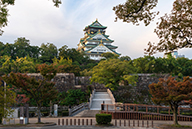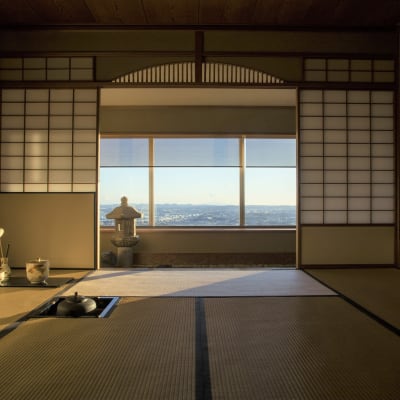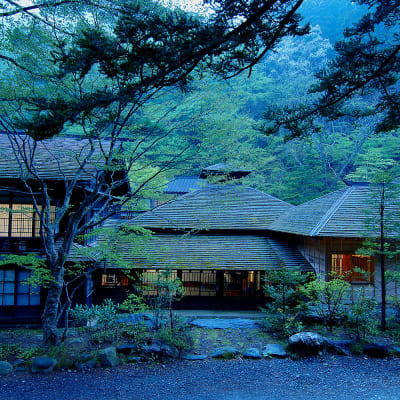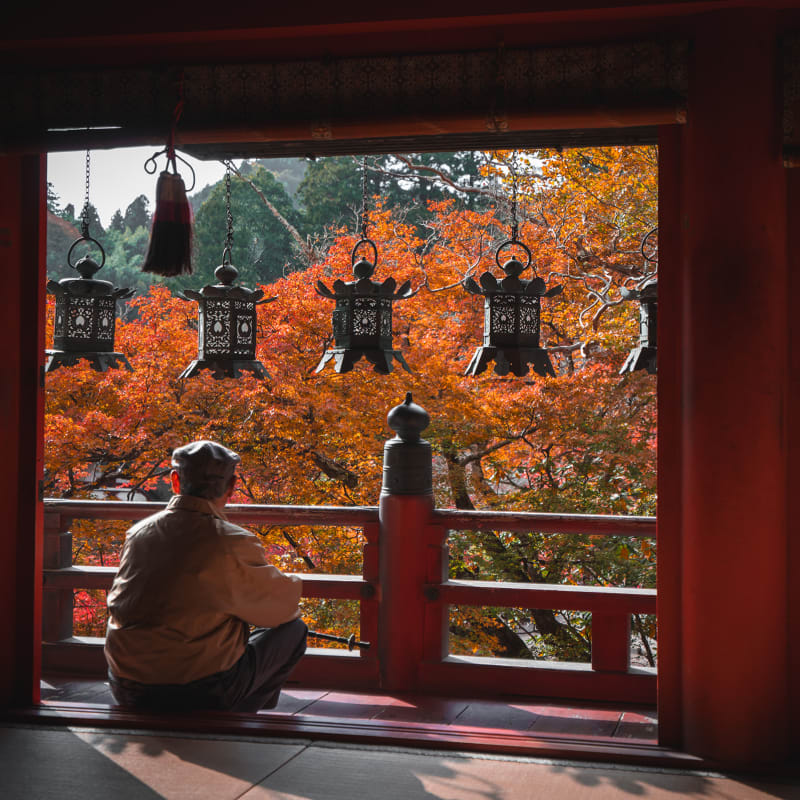-
- 简体中文
- 繁體中文(香港)
- 繁體中文(臺灣)
- India (English)
- Bahasa Indonesia
- 한국어
- ภาษาไทย
- Tiếng Việt
- Singapore (English)
- Philippines (English)
- Malaysia (English)
- Australia/New Zealand (English)
- Français
- Deutsch
- Italiano
- Español
- United Kingdom (English)
- Nordic countries(English)
- Canada (English)
- Canada (Français)
- United States (English)
- Mexico (español)
- Português
- العربية
- Japan(日本語)
- Global (English)
-
Destinations
-
Things to Do
-
Plan Your Trip
-
Articles
- JAPAN Monthly Web Magazine
- Tradition
- Arts & Cultures
- Cuisine
- Nature & Outdoor
- Shopping
- Relaxation
- Festivals & Events
- All
- Insider Blog
- Things to do
- Local Guides
- Outdoor
- Food & drink
- City life
- Culture
- Traditional
- Adventure
- Consumer
- All
Use the
Planning a Trip to Japan?
Share your travel photos with us by hashtagging your images with #visitjapanjp
Ozu’s elegant Garyu Sanso villa
HOME > Japan’s Local Treasures > Ozu’s elegant Garyu Sanso villa
Immerse yourself in the traditional wabi-sabi aesthetic as you relax at this rustic villa
Tourism Shikoku
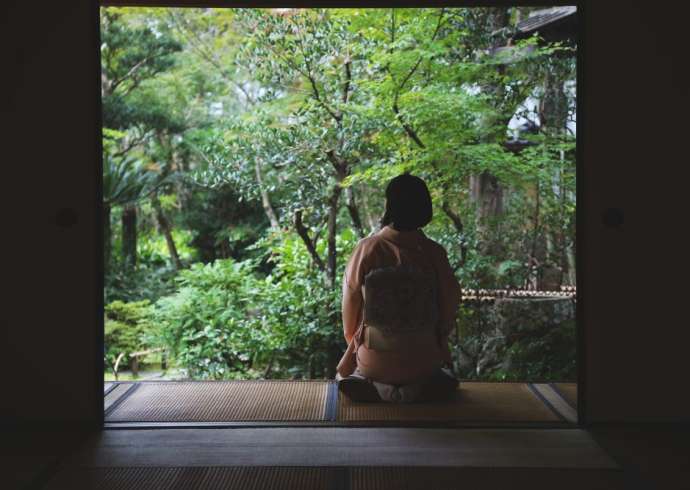
Western Shikoku’s Ozu City is known for its old town, home to several well-preserved historic buildings. Among these, Garyu Sanso stands out as a serene retreat, its melding of traditional architecture and garden design creating a soothing atmosphere.
The gardens, designed to make the most of the scenic setting in rural Japan, were first created by Kanbei Watanabe in the late seventeenth century. In 1907, the villa was built and named Garyu Sanso, meaning “reclining dragon mountain retreat,” after nearby Mount Horai, which resembles a sleeping dragon.
You can easily see why the people of Ozu have lovingly cared for Garyu Sanso over the years. Its union of elegant villa and strolling garden creates a harmonious ambience. From the natural textures of its floorboards and tatami mats to the windows which perfectly frame the changing seasonal views, each element of the villa and tea house design has been created with delicate care. The gardens and buildings epitomize the Japanese aesthetic concept of wabi-sabi, which captures the beauty of transience and imperfection, purity and simplicity.
Whether you stroll through the gardens or sit with a cup of tea, you’ll find a meditative, healing atmosphere at Garyu Sanso.
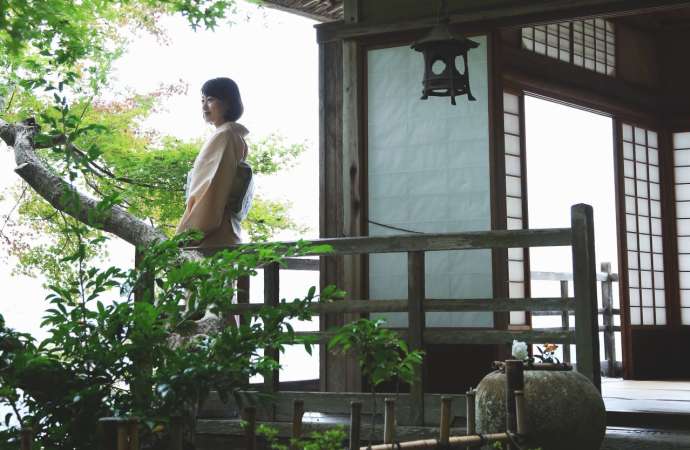
How to get there
From Haneda Airport, take a flight to Matsuyama Airport (about 1 hour 30 minutes). From Matsuyama Airport, take the limousine bus to JR Matsuyama Station (about 15 minutes). From JR Matsuyama Station, take a Yosan Line limited express train to Iyo-Ozu Station (about 35 minutes). From Iyo-Ozu Station, take the Iyo Railway bus to Machi no Eki Asamoya (about 5 minutes). Garyu Sansō is about a 6-minute walk from the bus stop.
411-2 Ozu, Ozu-shi, Ehime-ken
Links
More Information
Shikoku Region | JNTO Official Website
Ehime Prefecture | JNTO Official Website
Nearby Experiences
- Home
- Japan’s Local Treasures
- Ozu’s elegant Garyu Sanso villa

















































